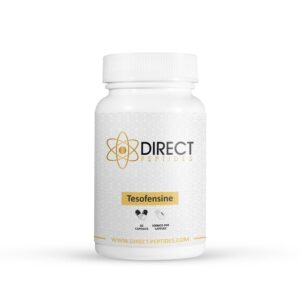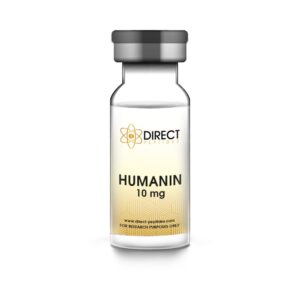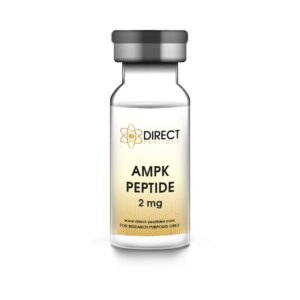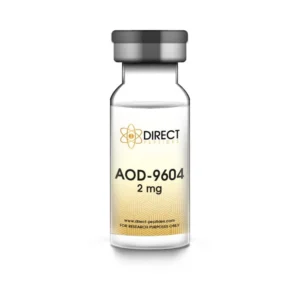£8.99 – £17.97
Buy Human C Peptide Vial 1mg
The Human C-peptide of proinsulin is required for insulin synthesis. According to research, C-peptide selectively attaches to cell surfaces at nanomolar concentrations. This binding is most likely to a G protein–coupled surface receptor, which then activates Ca(2+)–dependent intracellular signalling cascades. According to studies, those with type 1 Diabetes who utilise Human C-peptide in addition to insulin may be able to prevent or delay the development of long-term problems.
33 in stock
This product is intended for research purposes only. To be used by trained professionals only.
After being created from proinsulin and kept in secretory granules, C-peptide is eventually discharged into the bloodstream in a manner that is proportional to the amount of insulin present. The test for beta-cell function would not be complete without first determining the concentration of C-peptide. Individuals who have type 2 diabetes have blood levels of C-peptide that have a strong correlation with the amount of activity of the Na+,K+ ATPase enzyme found in their red blood cells.
The activation of phospholipase C, PKC-d, PKC-varepsilon, and RhoA is the first step in the C-peptide signal transduction process in human renal tubular cells. The phosphorylation of ERK1/2 and JNK, as well as the activation of Akt, occurs after this step. C-action causes an influx of Ca2+, the activation of signalling pathways involving mitogen-activated protein kinase, and the stimulation of Na+, K+ ATPase and endothelial nitric oxide synthase.
Pyroglutamyl (pGlu) peptides have the ability to self-assemble whenever the glutamine (Q) or glutamic acid (E) residue is situated at the beginning of the sequence. In addition, the transformation of either Q or E into pGlu is considered typical, and the hydrophobic -lactam ring of pGlu is thought to play a role in peptide stability concerning gastrointestinal proteases. As a consequence of this, pyroglutamyl peptides are considered to be a typical subset of these peptides and are included in HPLC examinations of the purity of peptides.
According to Oceania studies, those with type 1 diabetes who utilise Human C-peptide in addition to insulin may be able to prevent or delay the development of long-term problems.
[1] https://www.ncbi.nlm.nih.gov/ books/NBK526026/
[2] https://pubmed.ncbi.nlm.nih.gov/ 10780930/
ALL CONTENT AND PRODUCT INFORMATION AVAILABLE ON THIS WEBSITE IS FOR EDUCATIONAL PURPOSES ONLY.
DISCLAIMER: These products are intended solely as a research chemical only. This classification allows for their use only for research development and laboratory studies. The information available on our Oceania Direct Peptides website: https://oceania.direct-peptides.com is provided for educational purposes only. These products are not for human or animal use or consumption in any manner. Handling of these products should be limited to suitably qualified professionals. They are not to be classified as a drug, food, cosmetic, or medicinal product and must not be mislabelled or used as such.
BUY Human C Peptide Vial ONLINE today From Oceania Direct Peptides

New Reduced Price

SALE


TWIN PACKS
TWIN PACKS
TWIN PACKS
New Reduced Price
New Reduced Price
New Reduced Price
New Reduced Price

401 N. Mills Ave, Ste B, Orlando, FL 32803, United States
